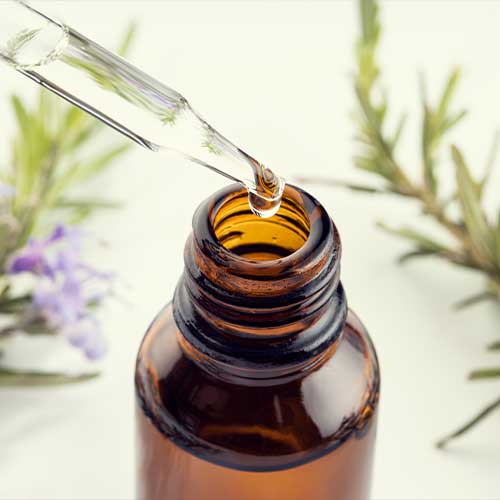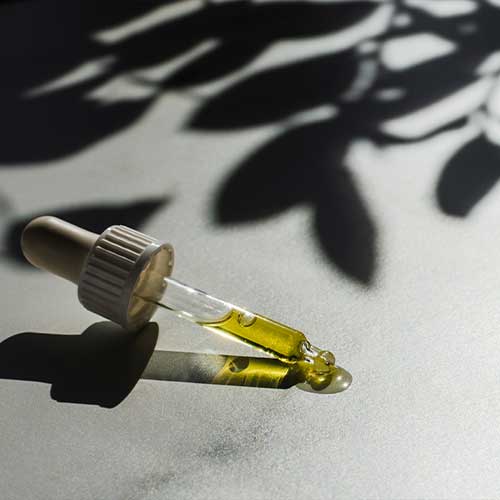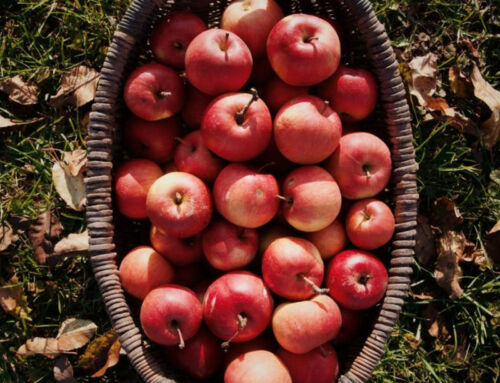It’s hard to get through the winter without getting sick. Indeed, with the drop in temperatures we tend to take refuge in closed spaces that are often poorly ventilated, facilitating the transmission of microbes and other viruses. The cold, moreover, by drying out the nasal mucous membranes, makes them more fragile and more vulnerable to pathogens.
The common cold: how to get rid of it naturally
The common cold is the quintessential winter ailment! An adult catches a cold two to three times a year and a child six to eight times!
While the symptoms (sneezing, stuffy nose, fatigue, etc.) are not serious, they are still bothersome. A typical cold without treatment lasts from 7 to 10 days, but certain natural solutions can speed up the process. Let’s take a closer look.

Decongest and stop your runny nose
Using a nose wash to decongest the mucous membranes is the most important action you can take and repeat as often as necessary.
Hypertonic solutions can be used that mechanically draw fluid from the mucous membranes outward, cleansing the upper airways and facilitating the evacuation of phlegm.
In children, you can wash their noses by unclogging them, preventing secretions from flowing down the throat or reaching the ear. This is the best way to avoid ENT complications.

Echinacea - Eucalyptus and Rosemary: the anti-red nose trio
Recent studies have also shown that Echinacea, a plant native to North America, reduces the duration of symptoms.* Its multiple properties make it the ideal plant for fighting off external aggressions.
Eucalyptus extract or essential oil, by helping sanitise and optimise the functioning of the upper respiratory system, will also be your best ally in case of colds.
Finally, rosemary, because of its antiseptic and fluidifying properties, is also a natural remedy in the event of a cold.
This trio of plants brings comfort to children as early as 30 months of age.
Since children most often do not enjoy nose washing, it is best to use comprehensive formulas that combine a hypertonic solution and plant extracts, in order to avoid needing multiple sprays.
In adults, after washing your nose, it is also recommended that you use essential oil-based nasal drops with antiseptic, decongestant, and antiviral properties, such as Niaouli or Ravintsara for full action. The astringent property of peppermint is also useful in reducing secretions.
Naturally relief for throats and bronchi
In case of irritated throats and bronchi, you should opt for natural solutions for relief and to improve respiratory comfort.

Pamper a sore throat
To relieve irritated throats, thyme, primrose and linden are the plants to turn to. Their soothing properties provide a rapid sensation of well-being.
In adults, peppermint essential oil is also ideal because of its broad spectrum of action, which helps relieve sensitive throats.
And since nothing beats prevention, in children and adults, we prefer formulas rich in plant extracts and trace elements, such as propolis, vitamin C, or copper, to support immunity:

Calm a cough
First of all, although very annoying, coughing is the body’s natural defence mechanism, which expels phlegm or pathogens that irritate the bronchi, thus freeing the airways.
Whether oily or dry, coughs last an average of 8 days. In case of fever, it is recommended that you consult a doctor to detect a possible infection of the bronchi. In children with breathing difficulty, it is best to seek the advice of a health professional.
To relieve a cough; we opt for syrups with formulas containing plant extracts such as:
In the event of a cough, it is important to hydrate the mucous membranes to soothe them and relieve them of irritating pathogens. Vegetable glycerin, as well as acacia fibres are natural solutions, making it possible to lubricate the mucous membranes for better comfort.
For some more tips
In addition to natural remedies, be sure to take the right actions.
To feel more comfortable:
Barrier methods:

*Cochrane, February 2014




